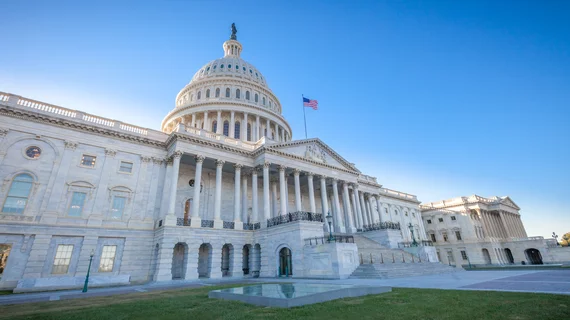Legislation to repeal medical device tax introduced in the Senate
U.S. Senators Pat Toomey, R-Pennsylvania and Amy Klobuchar D-Minnesota introduced bipartisan legislation, Thursday, March 7, to permanently repeal the 2.3 percent medical device tax.
"The specter of the re-imposition of the punitive medical device tax threatens patients, American jobs, and medical innovation," said Senator Toomey, in a news release from his office. "It's time to end this uncertainty once and for all and finally repeal the medical device tax. I urge my colleagues to join this bipartisan effort."
Another 18 bipartisan cosponsors joined Senators Toomey and Klobuchar in support of their legislation.
The Advanced Medical Technology Association (AdvaMed) president and CEO, Scott Whitaker, expressed the association’s support of device tax repeal and urged the Senate pass the newly introduced legislation.
“Unless Congress acts quickly, America’s medical technology companies face a $20 billion tax hike at the end of 2019 when the device excise tax returns. If not stopped, this tax will put future patient innovations and good-paying U.S. jobs at risk,” he said in a prepared statement.
In July, the U.S. House of Representatives voted to repeal the medical device tax. The move drew the support of many groups, including the Medical Imaging & Technology Alliance (MITA), which urged the Senate to follow suit.
Additionally, an October report released by California-based Pacific Research Institute found the medical device tax violates sound tax principles, including that of tax neutrality.

